The theme of World Breastfeeding Week 2020 is “Support breastfeeding for a healthier planet”. In line with this theme, WHO and UNICEF are calling on governments to protect and promote women’s access to skilled breastfeeding counselling, a critical component of breastfeeding support.
Breastfeeding provides every child with the best possible start in life. It delivers health, nutritional and emotional benefits to both children and mothers. And it forms part of a sustainable food system. But while breastfeeding is a natural process, it is not always easy. Mothers need support – both to get started and to sustain breastfeeding.
Skilled counselling services can ensure that mothers and families receive this support, along with the information, the advice, and the reassurance they need to nourish their babies optimally. Breastfeeding counselling can help mothers to build confidence while respecting their individual circumstances and choices. Counselling can empower women to overcome challenges and prevent feeding and care practices that may interfere with optimal breastfeeding, such as the provision of unnecessary liquids, foods, and breastmilk substitutes to infants and young children.
Improving access to skilled counselling for breastfeeding can extend the duration of breastfeeding and promote exclusive breastfeeding, with benefits for babies, families and economies. Indeed, analysis indicates that increasing rates of exclusive breastfeeding could save the lives of 820,000 children every year, generating US $302 billion in additional income.
Skilled breastfeeding counselling can be provided by different actors including health care professionals, lactation counsellors and peer support providers, and in a variety of settings– in health facilities or clinics, through home visits or community programmes, in person or remotely. During the COVID-19 pandemic, it is even more important to find innovative solutions to ensure that access to these essential services is not disrupted and that families continue to receive the breastfeeding counselling they need.
This is why UNICEF and WHO, in line with the policy actions advocated by the UNICEF-WHO-led Global Breastfeeding Collective, are calling on governments to:
• INVEST to make skilled breastfeeding counselling available to every woman. Ensuring availability of skilled breastfeeding counselling to every woman will require increased financing for breastfeeding programmes and improved monitoring and implementation of policies, programmes and services.
• TRAIN health care workers, including midwives and nurses, to deliver skilled breastfeeding counselling to mothers and families.
• ENSURE that counselling is made available as part of routine health and nutrition services that are easily accessible.
• PARTNER and collaborate with civil society and health professional associations, building strong collaborative systems for the provision of appropriate counselling.
• PROTECT health care workers from the influence of the baby food industry. Together, through commitment, concerted action and collaboration, we can ensure that every mother has access to skilled breastfeeding counselling, empowering her to give her baby the best possible start in life.

 World Breastfeeding Week 2020 will see WHO and UNICEF breastfeeding guidelines for the governments
World Breastfeeding Week 2020 will see WHO and UNICEF breastfeeding guidelines for the governments





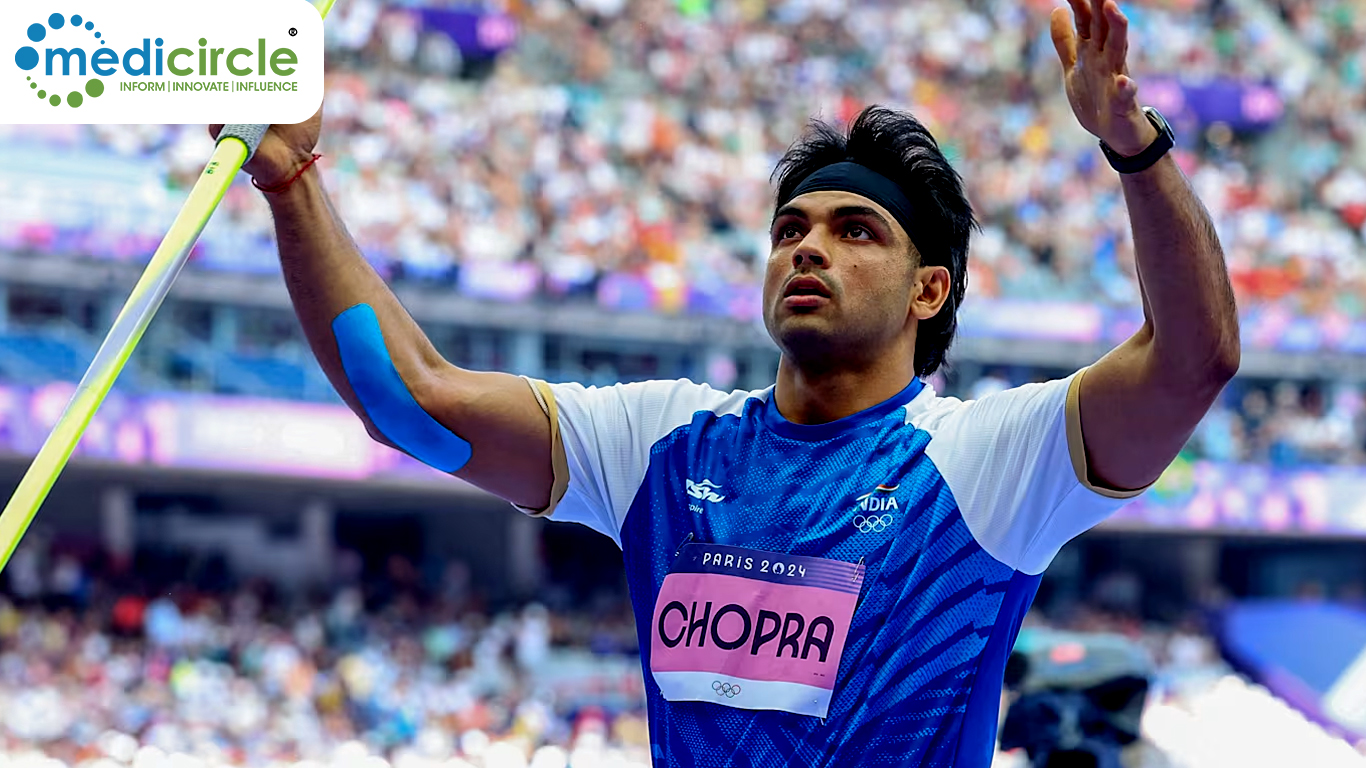



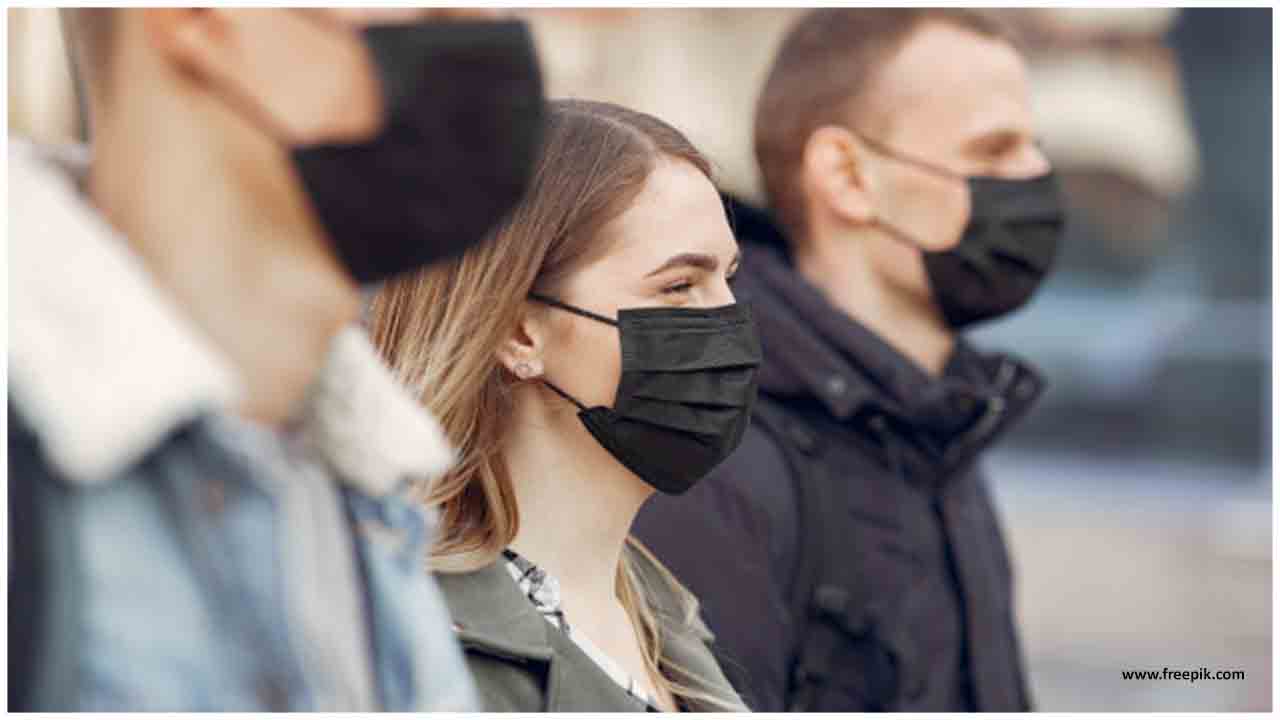


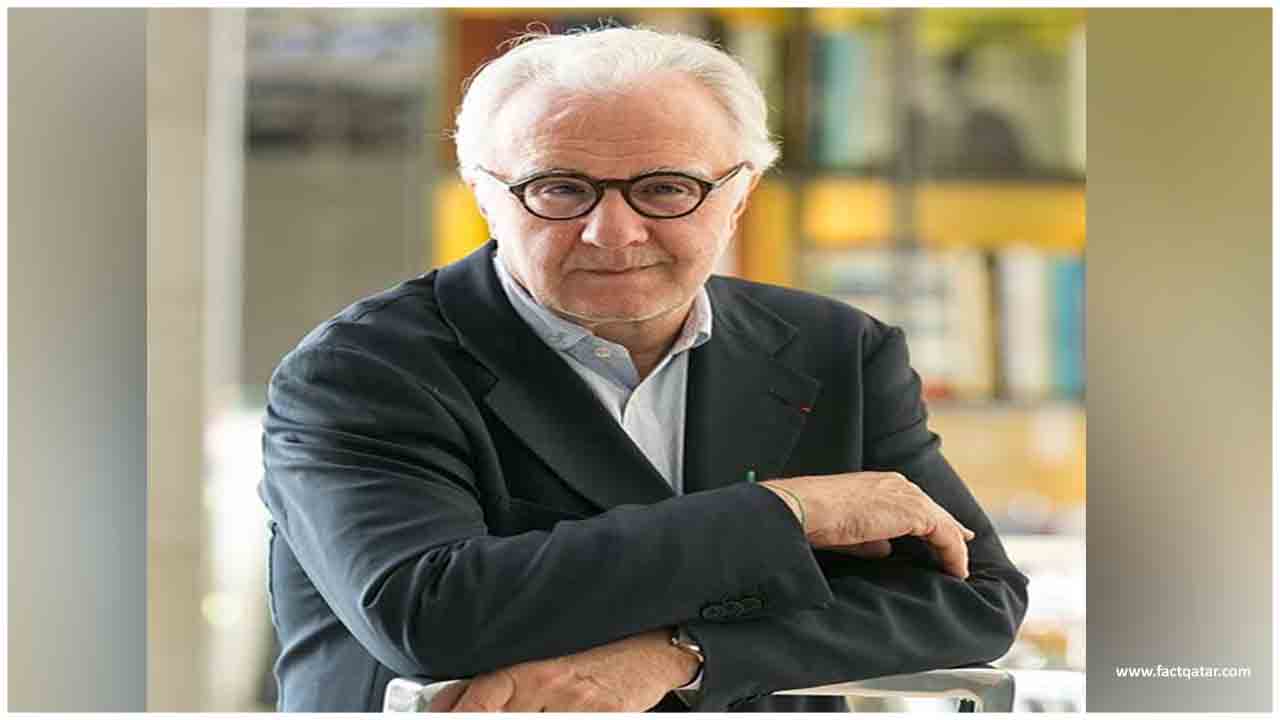
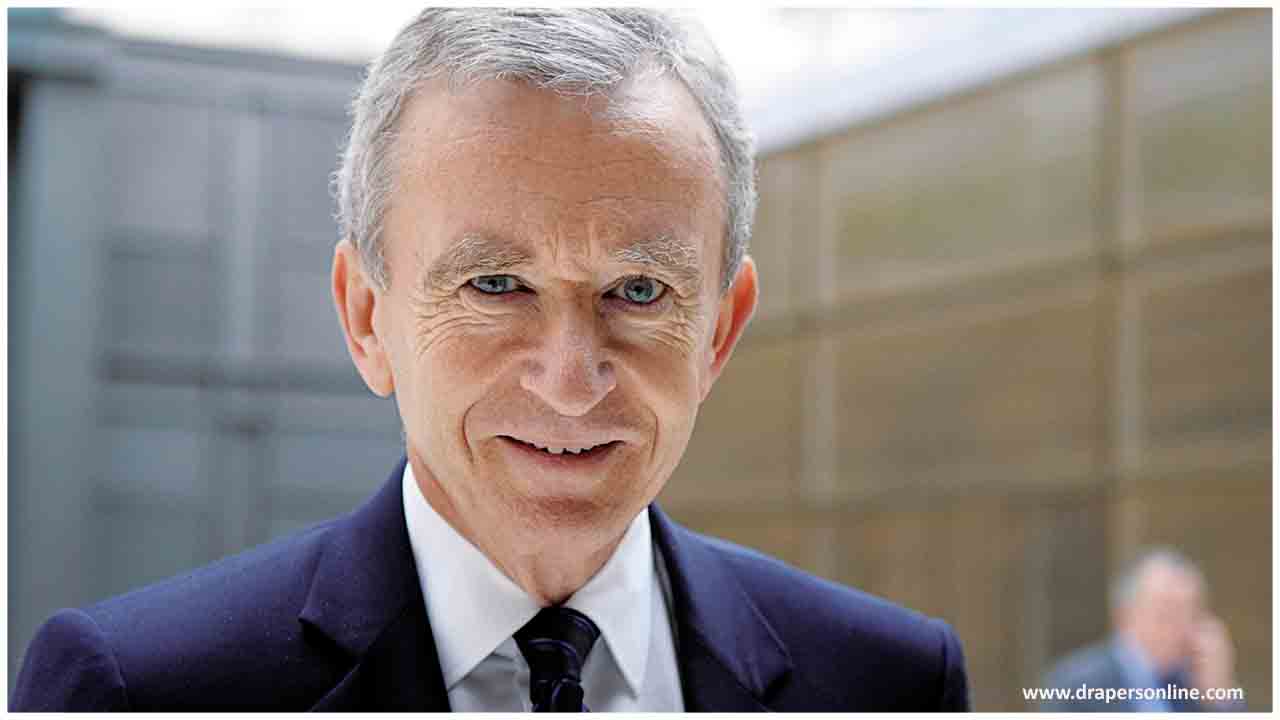
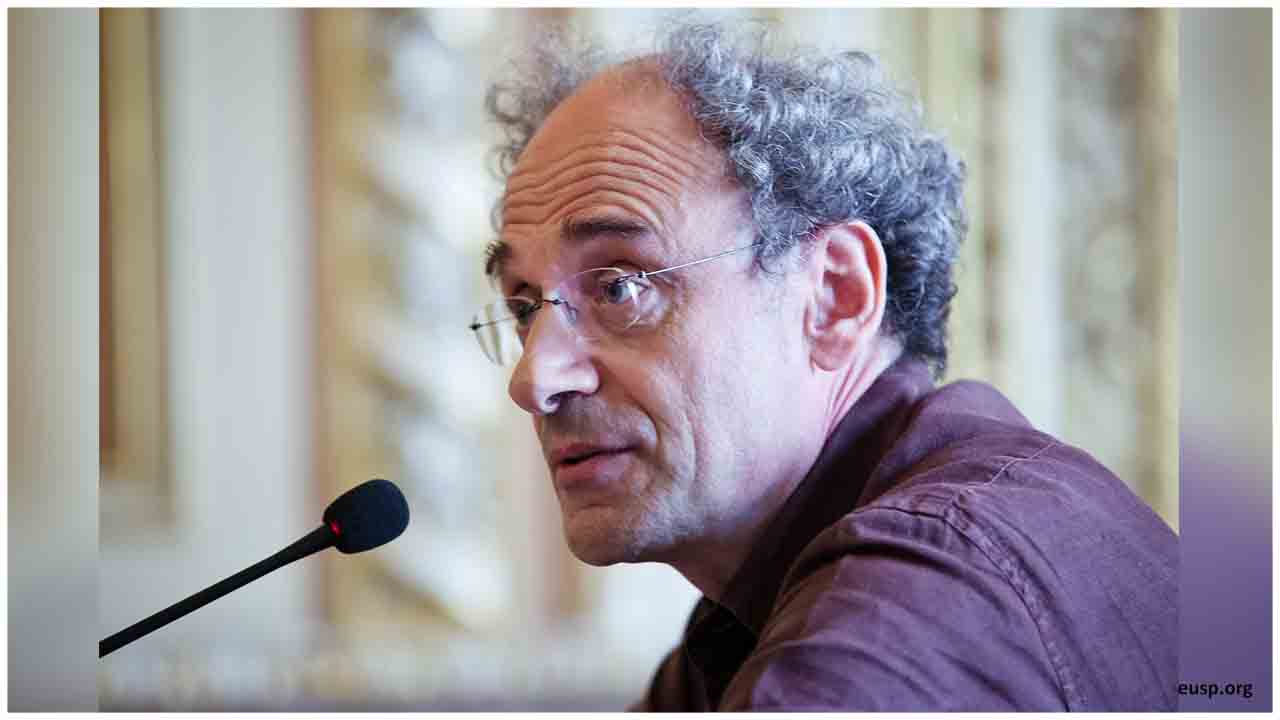





.jpeg)

.jpeg)
.jpeg)

.jpeg)


.jpeg)



.jpeg)
.jpeg)
.jpeg)


.jpg)


.jpeg)
.jpeg)